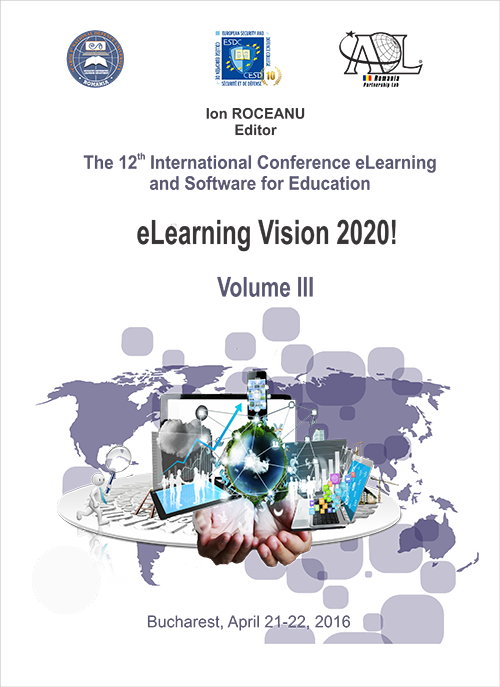THE FEASIBILITY OF COURSERA AS A PLATFORM FOR CREDIT-BEARING COURSES
THE FEASIBILITY OF COURSERA AS A PLATFORM FOR CREDIT-BEARING COURSES
Author(s): George Lăzăroiu, Gheorghe H. Popescu, Elvira NicaSubject(s): Higher Education , ICT Information and Communications Technologies, Sociology of Education
Published by: Carol I National Defence University Publishing House
Keywords: Coursera; platform; higher education; tuition-based credentialing system;
Summary/Abstract: Coursera is an education platform affiliated with elite universities and other entities throughout the world, to provide courses online for any learners to take, furnishing choices for teaching and evaluation that are grounded on pedagogical investigation. Originally Coursera concentrated on producing free, online adaptations of courses taught by scholars at first-rate universities. Now Coursera provides the choice of peer assessment, in which learners are instructed to employ a grading rubric to assess and supply response on other learners’ performance. Coursera functions outside higher education’s tuition-based credentialing system, and this paper analyzes its feasibility as a platform for credit-bearing courses that are provided to learners enlisted at various campuses within a public university system: Coursera operates with university affiliates to establish a system for learners to supply response at the completion of the course, to be employed by scholars for subsequent enhancements to the course and university operations, and to be utilized by Coursera to improve its best practices standards and for eventual advancements to the platform. Coursera outsources course generation to elite organizations and adheres to its articulation as a platform for other individuals’ material, but has developed job-significant “specialization” programs that charge for certificates. Coursera’s novel offerings are subsidized and somewhat devised by relevant financial and technology firms, concentrating on skills instruction and professional advancement.
Journal: Conference proceedings of »eLearning and Software for Education« (eLSE)
- Issue Year: 12/2016
- Issue No: 03
- Page Range: 46-52
- Page Count: 7
- Language: English

